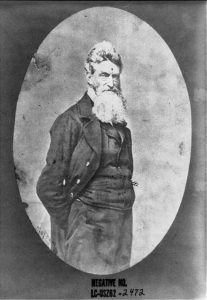
Insurrections Old and New: Teaching Perspective on the Events of January 6, 2021
On January 6, 2021 a mob stormed the American Capital in Washington, D.C. to overturn Donald J. Trump’s defeat in the 2020 election. Rioters pushed their way inside the Capital, vandalized the building and threatened to harm government officials, including the Vice President. In total, five people died. In the ...
Read More
Read More
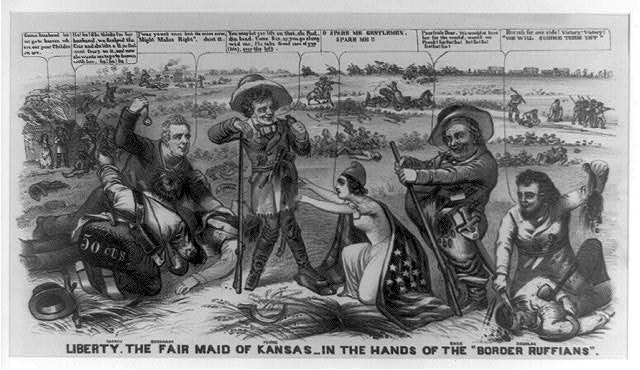
A War for Settler Colonialism
Today on Muster we share the first post from our recent addition to the correspondent team, Paul Barba. Paul is an assistant professor of history at Bucknell University who studies slaving violence in the Texas borderlands. He will be writing on the Civil War in the West. Welcome, Paul! In ...
Read More
Read More
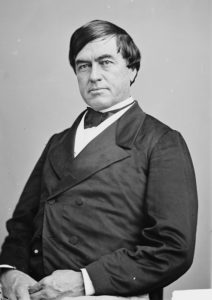
Secession and Slavery in Great Britain: Cassius Clay and Edwin DeLeon debate in The Times of London
On May 13, 1861, Queen Victoria announced Great Britain’s neutrality in the Civil War, which raised Southern hopes of recognition and Northern fears of the same. The Queen’s proclamation and public reaction to the outbreak of hostilities were the result of long-standing assumptions about the sectional division in the United ...
Read More
Read More
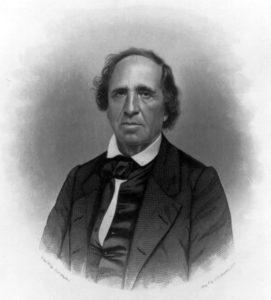
As The Churches Go, So Goes the Nation?: Evangelical Schism and American Fears on the Eve of the Civil War
On April 26, 2019, the Judicial Council of the United Methodist Church (UMC) upheld the core components of a plan reaffirming and strengthening the church’s formal ban on the ordination of LGBTQ ministers and on the recognition of same-sex marriage.[1] This “Traditional Plan” was adopted at a special session of ...
Read More
Read More
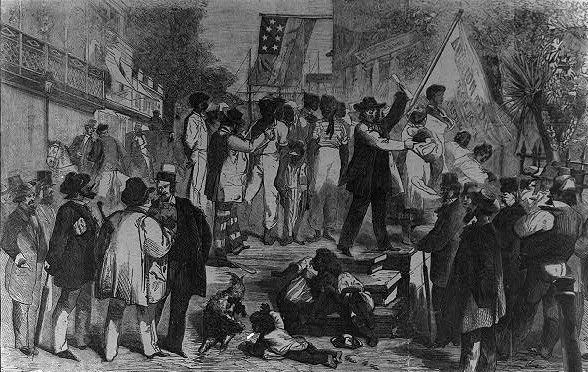
“The Most Potent Money Power”: Slave Traders, Dark Money, and Elections
With the 2018 midterm elections approaching, the role of money in politics once again looms large in American political discourse. For many, shadowy super PACs, mega-donors, and dark money stand in stark contrast to the sanctity of the individual voter. Political actors recognize and deploy this, with politicians going to ...
Read More
Read More
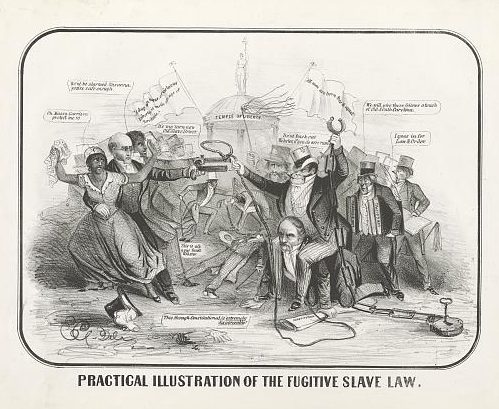
Habeas Corpus, the Fugitive Slave Law, and Executive Authority
Last month, President Donald Trump issued an executive order prohibiting the entry of refugees or visa holders from seven Middle Eastern nations. It went into effect while some foreign nationals were in transit, thus they arrived in a different America than the one they had expected. Among these were two ...
Read More
Read More
New Political Histories of the Sectional Crisis: A Report from the AHA
In August 2016, Kenneth Osgood and Fredrik Logevall (fresh from winning the Pulitzer Prize for his recent book on the Vietnam War, Embers of War) co-authored an op-ed for the New York Times titled “Why Did We Stop Teaching Political History?”[1] Like so many nostalgic jeremiads, it assumes that we ...
Read More
Read More
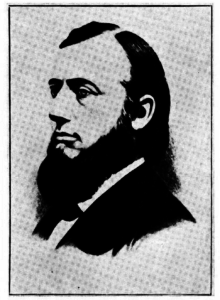
Abolitionism, Vigilance Associations, and the Rhetoric of “Law and Order”
In today’s heated political climate, only days away from a contentious Presidential election, Americans are no stranger to public threats of intimidation or violence as a mechanism for maintaining “law and order.” From Donald Trump’s frequent references to the need for restoring “law and order” in urban communities, to his ...
Read More
Read More

Whither the Whigs? Donald Trump, the Know-Nothings, and the Politics of the 1850s
The historical curiosity of Donald Trump’s presidential campaign and Republican nomination has resulted in, among other things, a seeming endless litany of historical comparisons. As modern pundits, politicos, and historians have attempted to explain the success of Trump’s campaign, they have compared his candidacy to any number of historical precedents, ...
Read More
Read More

Of Presidential Campaigns and Partisan Press: Journalism in the Elections of 1848 and 2016
In this presidential election year, some political observers have lamented the disappearance of a non-partisan press. Today, Republicans watch Fox News and read the Wall Street Journal; Democrats prefer MSNBC and the New York Times. The Internet has further fragmented journalism, putting the mass in mass media. For the Republican ...
Read More
Read More

Fraud, Violence, and ‘Rigged’ Elections: A Warning from Bleeding Kansas
Democracy is fragile. One whiff of dishonesty, real or imagined, can undermine our dedication to democratic procedures. Even the wildest accusations about an opponent’s unethical or illegal behavior can help us justify rewriting the rules, or ignoring them altogether, in the name of victory. Allegations of electoral trickery are not ...
Read More
Read More
